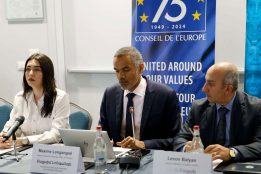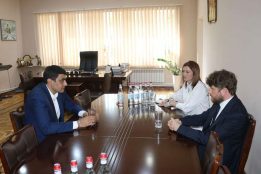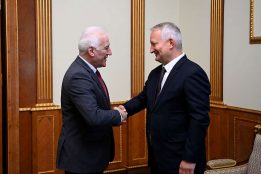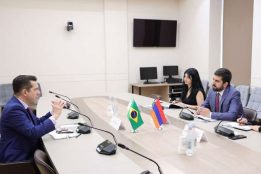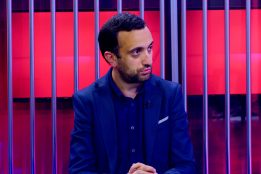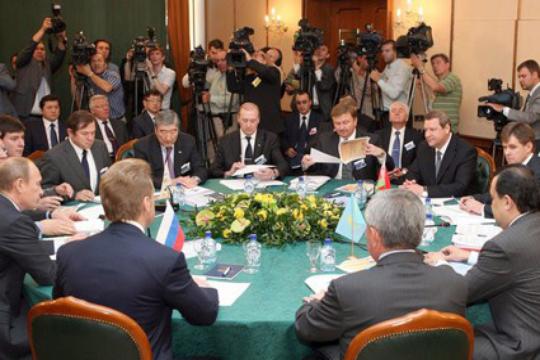
Olga Shumylo-Tapiola, a visiting scholar at Carnegie Europe, published an article analyzing EU’s approach to the newly-forming Eurasian Customs Union (EurAsEC). The analyses considers organizational aspects, state interests, previous post-Soviet integration mechanisms (supranational authority system) as well economic aspects of the union.
The customs union formed by Russia, Belarus, and Kazakhstan in 2010—the largest in the world by territory—is becoming very real. Though hurdles remain, member states are eliminating non-tariff barriers to trade within the union, moving toward a common external tariff, and fine-tuning a joint customs code. As the customs union’s influence on the world stage and in Europe’s neighborhood is likely to increase, the European Union (EU) should attempt to understand the project and find ways to protect its own interests.
Key Points
Russia drives the union’s development, but Belarus and Kazakhstan joined voluntarily and have some say.The Eurasian Economic Commission, the union’s single regulatory body, has been declared the member states’ representative in regional and global trade talks.
Despite its achievements, the project is not yet a genuine customs union. Members erect protectionist barriers, seem reluctant to give the supranational body authority, and have allowed exemptions to the rules. Moscow must take the lead in building trust among members.
The union agreed in principle to implement Russia’s World Trade Organization commitments, but Belarus and Kazakhstan may not actually do so.Members promised to harmonize the union’s standards with EU and international regulations. Still, local standards prevail.
Moscow wants Ukraine to become a member, but Kyiv has to decide between the customs union and the EU.
Next Steps for the EU
The EU must overcome its fears and misperceptions. For some EU member states, the customs union is Moscow’s new attempt to rebuild its empire. But this is not just a political project; the union has a practical side. The EU must accept that members were not coerced to join.
Brussels should engage with customs union staff at the technical level. The EU should educate union staff about how EU standards function to help ensure that member states comply with high international standards.
The EU should convince member states to apply EU-Russia trade commitments within the union. That would pave the way for the EU, which does not currently recognize the customs union, to negotiate trade matters with the Eurasian Economic Commission.
The EU should separate Ukraine from its relations with the customs union and reassess its policy toward the post-Soviet space. If the EU separated its geopolitical fear of losing Ukraine to Russia from its relations with the customs union, tensions between Brussels and Moscow could ease. More broadly, the EU must realize that the European model may not apply to the entire post-Soviet space
Access the full text here.

















